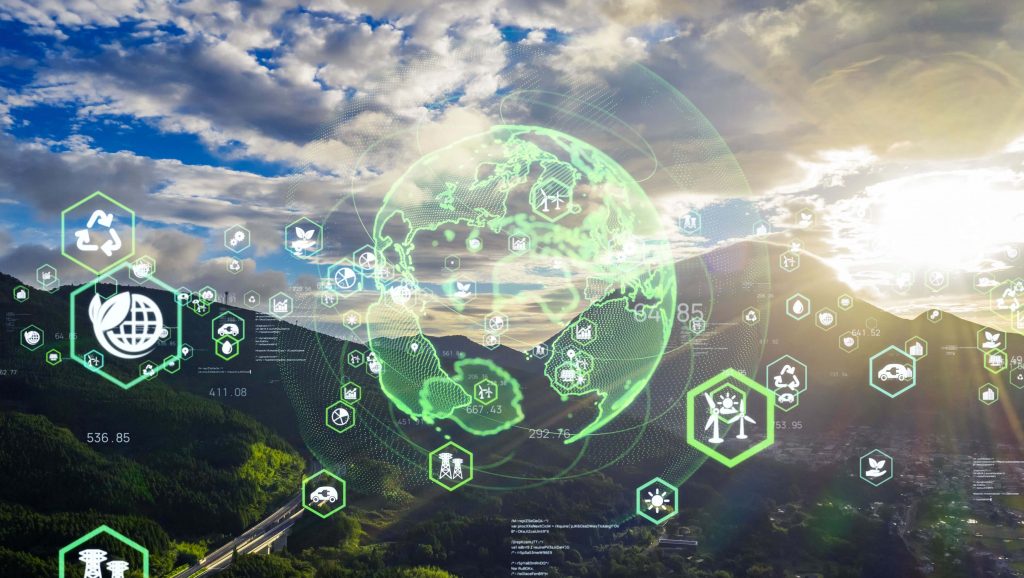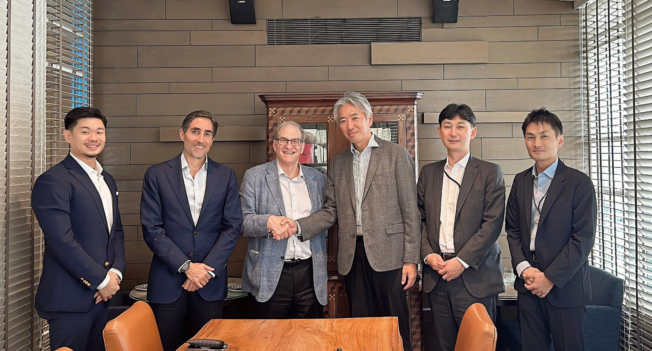One of the key drivers for the UK to reach net-zero is the continued development of renewable energy projects to supply clean power to the grid and reduce carbon intensity. These projects can be powered by different energy solutions, including wind, wave, marine, hydro, biomass, or solar.
The recent report by the Intergovernmental Panel on Climate Change (IPCC) highlighted the urgent need for the world to transition away from fossil fuels to renewable energy. As this focus on reaching net-zero intensifies, particularly in the run-up to the key UN climate conference, COP26, we look at the role of the Renewable Energy Guarantees of Origin scheme (REGOs). This government scheme, which was established to support the energy transition away from fossil fuels, provides transparency about the proportion of electricity suppliers source from renewable generation.
The REGO scheme is part of the EU’s Renewable Energy Directive, which requires all EU Member States to report what proportion of electricity consumption is from renewable sources. Following Brexit, the REGO scheme is under review in the UK. However, it appears it is the Government’s intention for the scheme to continue. The UK is now in a position where it can review this scheme and decide on a future approach that could expedite the journey to net-zero whilst improving transparency.
Currently, the scheme works by granting one REGO certificate to a renewable generator for every megawatt-hour (MWh) of renewable electricity produced. Energy suppliers must purchase and “retire” REGO certificates as part of their Fuel Mix Disclosure Regulatory requirements, therefore evidencing to end consumers the proportion of power produced from various fuels (renewables, coal, gas, nuclear, etc.).
REGOs can be sold separately to the power with which they are associated. Suppliers often purchase these REGOs without the associated power generation to ‘green’ their fossil fuel-based supply. This means the certificates don’t necessarily support or incentivise the development of new renewable projects, or “additional” projects, often referred to as additionality.
Additionality is becoming increasingly important to customers. It enables them to clearly demonstrate that they are actively involved with a new renewable project, rather than just buying REGOs from an existing project. This is often achieved through a Power Purchase Agreement (PPA).
A customer will guarantee to purchase the power at an agreed price for an agreed length of time and receive the REGOs attached to that power through a PPA. This provides a level of certainty to the developer/investor of the renewable project to build it. The customer can claim the REGOs attached to this specific project and state that they are “additional REGOs”. It also has the benefit that a proportion of the customers’ electricity consumption will be fixed for the long term, which is usually more cost-effective than current energy market prices and also protects against rising electricity costs.
If an organisation is making a true commitment to zero carbon emissions like “Microsoft’s 100/100/0 vision and commitment for a decarbonized grid”, then REGOs are likely to play a smaller part. To truly operate with carbon neutrality 24/7, renewable technologies will need to be paired with energy storage and state-of-the-art energy optimisation to match supply and demand in real-time.
At Hartree Solutions, we can guide you through a net-zero strategy, signposting the best technologies to reduce your carbon from day one. We also have several options to help you access “additional” REGOs with both on-site and off-site solar. Additionally, for hard to abate emissions we can provide verified carbon offsets to set you on the right path from day one as part of your journey to net zero.

Matthew Van Staden


